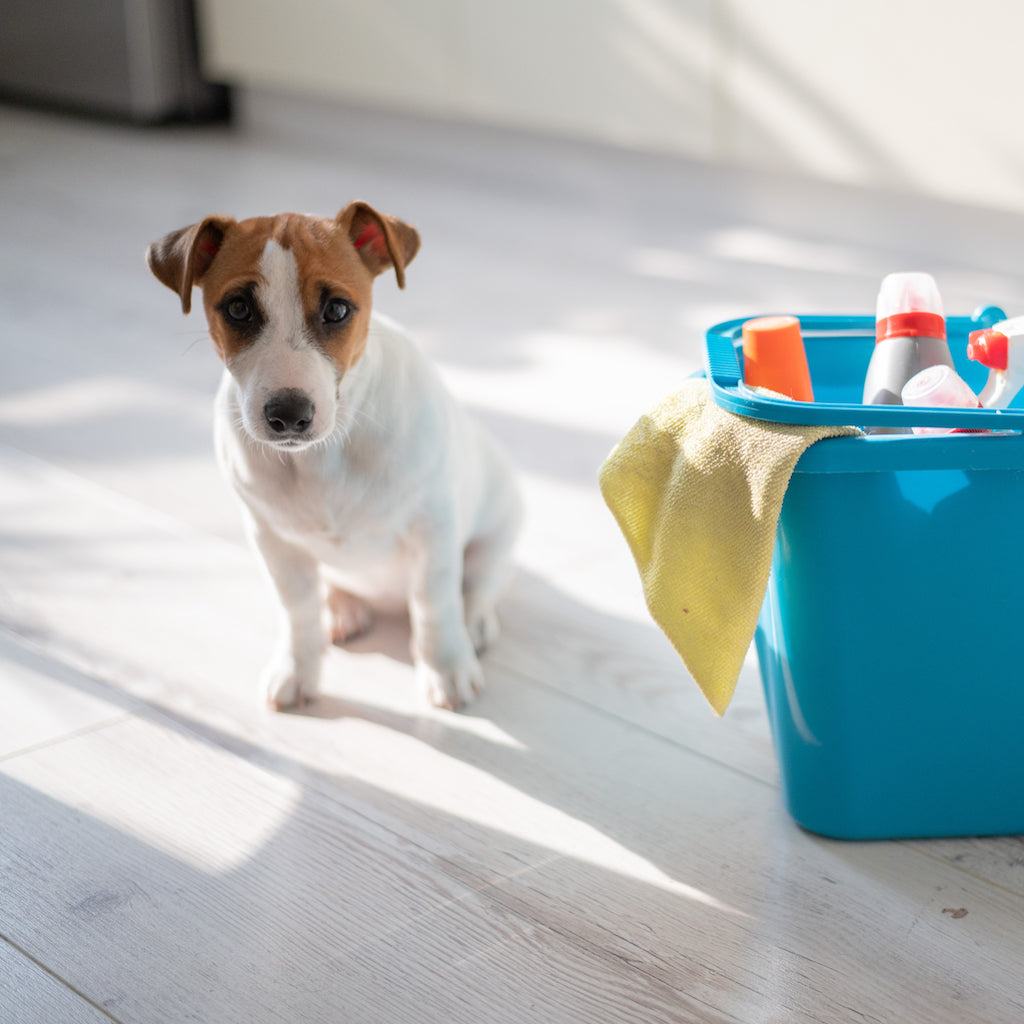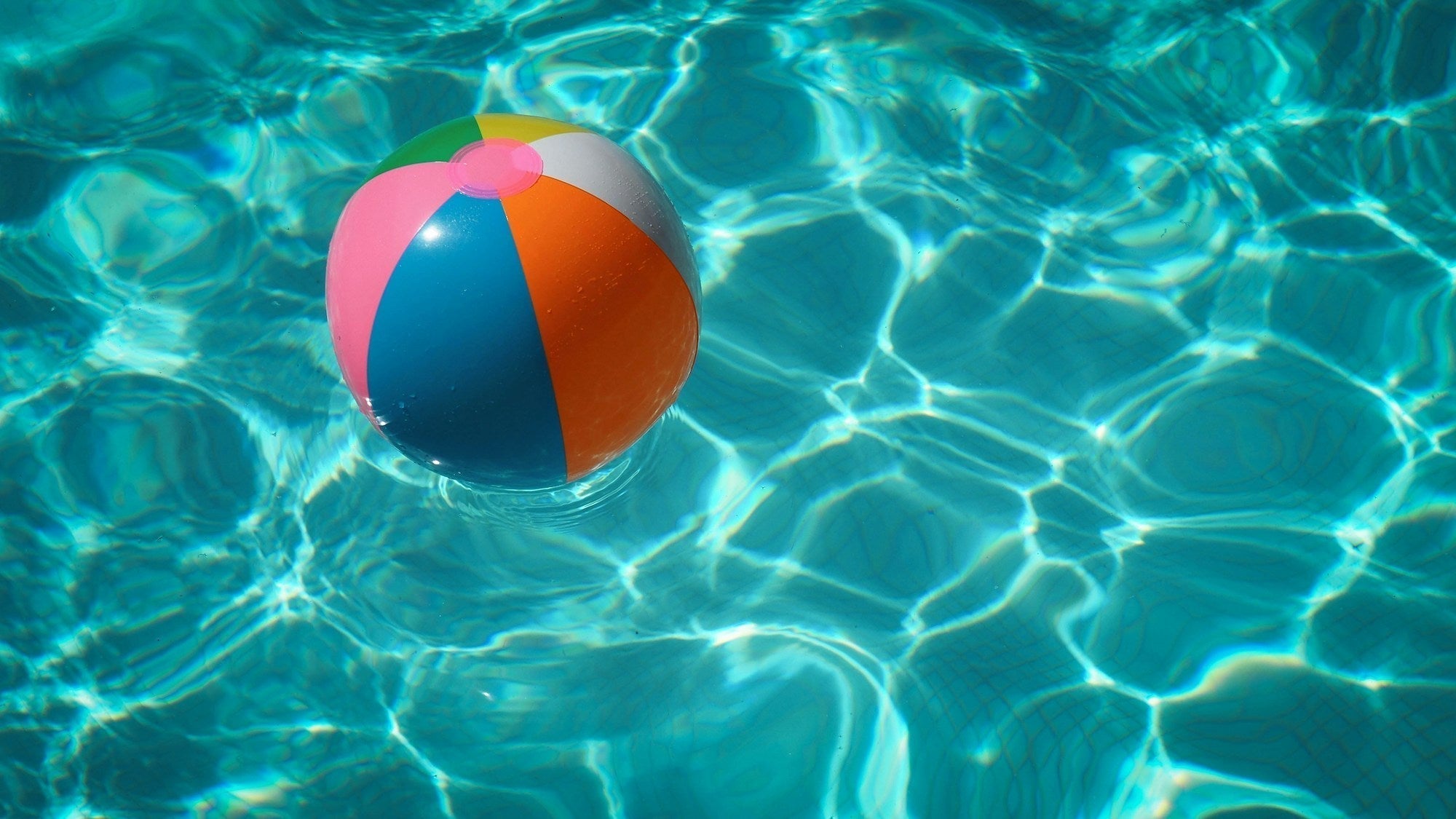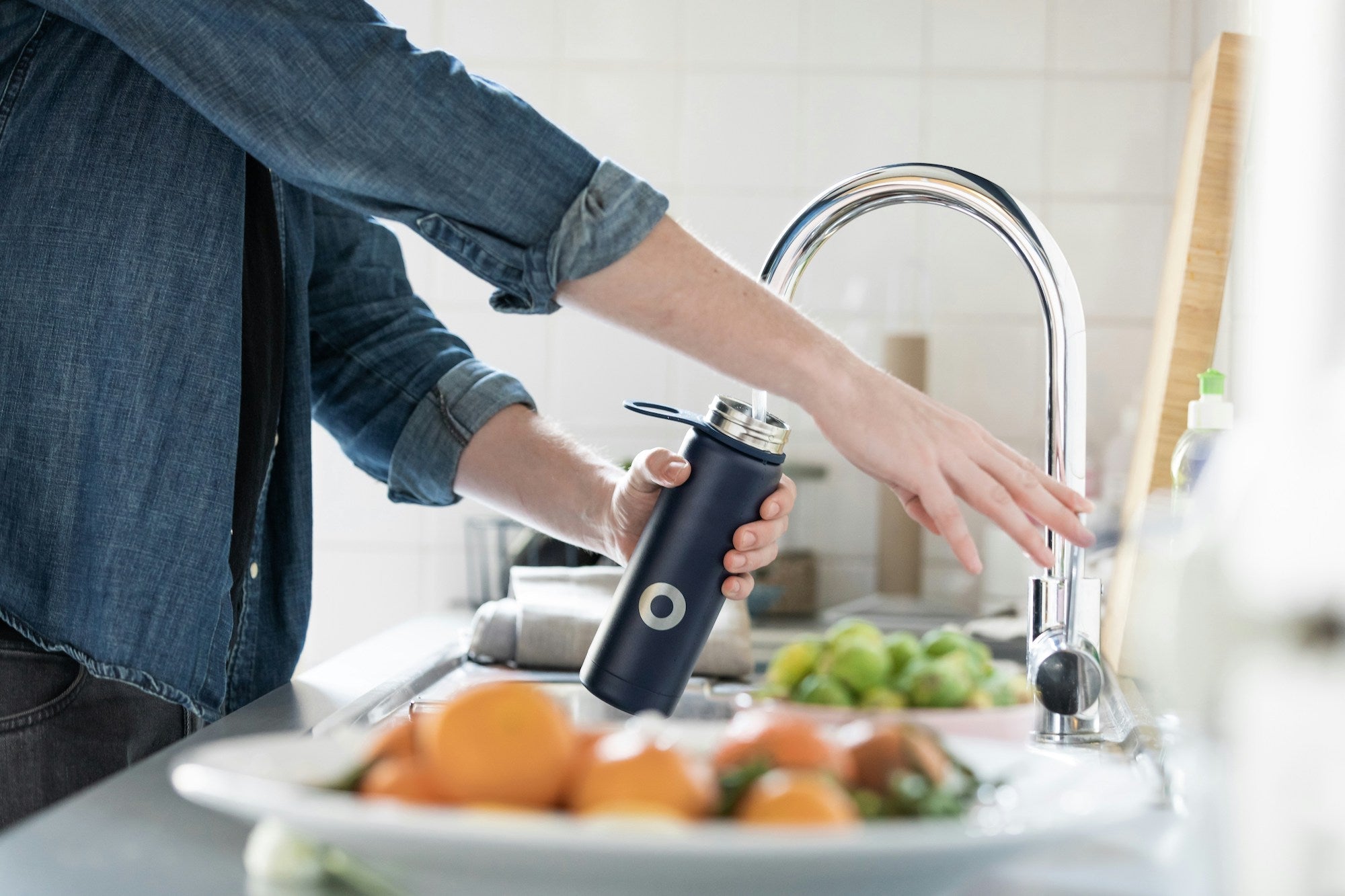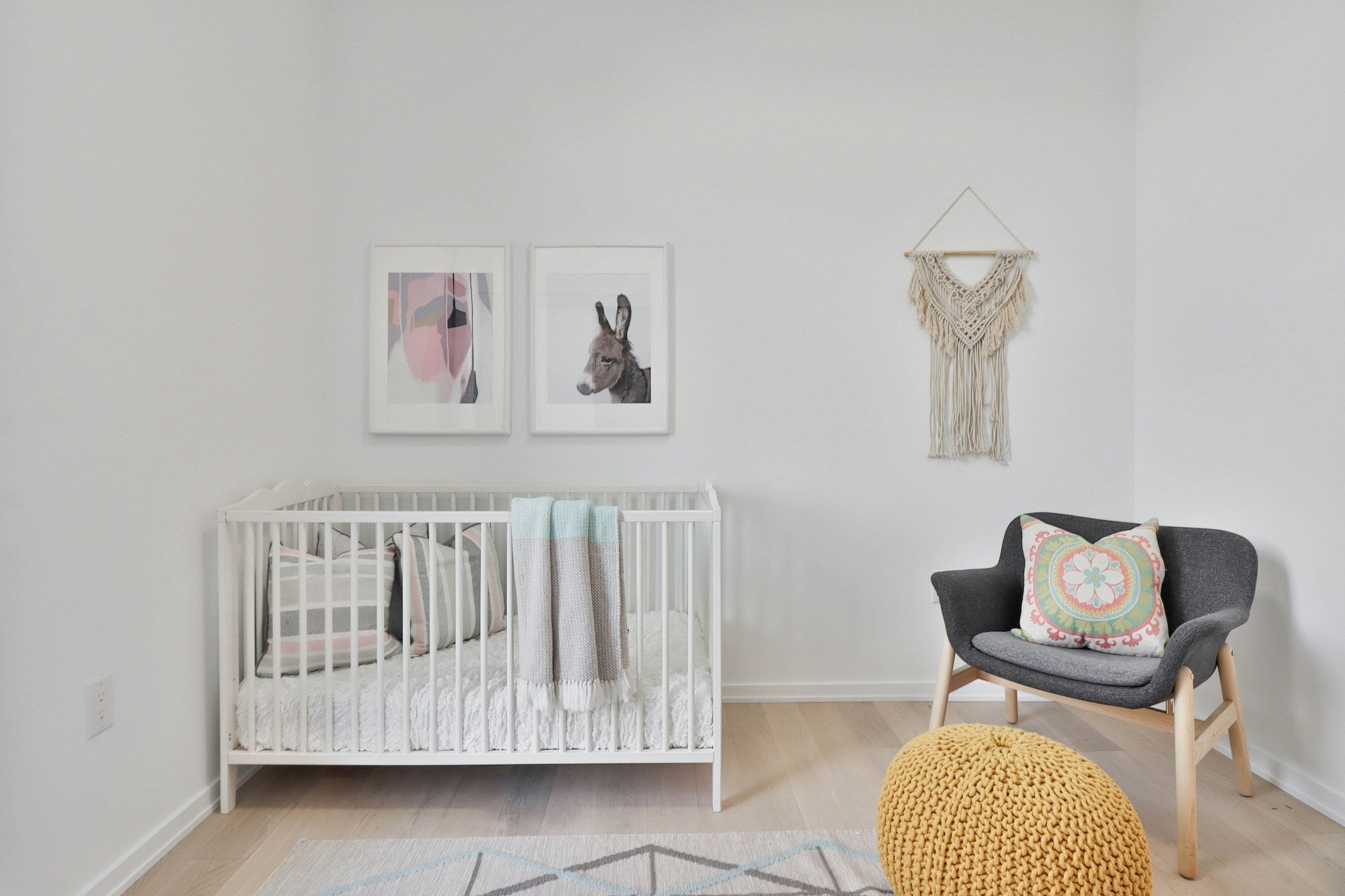
This one is for all the pet parents! 🐶🐈
If you're anything like us, you spoil your little ones a bit too much (guilty) but only because you want them to be as happy as they make us! (Is that even possible?)
But if you’re someone that’s still using conventional cleaning products (tsk tsk), have you thought about how what you spray, wipe and mop affects your pet's health? Here's a clue: it's not good. It's really important to remember that when it comes to household cleaning, some ingredients can be even more dangerous for our pets than they are for us.
(If you need a refresher about how they can impact our own health, you can read all about that here. But for now, back to our pets…)
The very ingredients that make disinfectants effective make them toxic for our fur babies in even smaller doses than for us humans. Exposing small pets to commercial home cleaning products in daily or large doses can lead to health issues such as vomiting, chemical blistering on their tender paws, abdominal pain, as well as causing other longer-term problems.
It’s easy to think that as animals they’re used to fighting off more toxins than we are, but small amounts of things can actually really, really hurt them. Even when we think we are being cautious, pets that are regularly exposed to the chemicals in cleaning products (particularly if they walk on or lick the floor where disinfectant has been sprayed) are being put at risk.
So first up, what should you avoid?
If you’re not sure what you should be looking out for, here’s a list of the most toxic ingredients to make sure are NOT on the ingredients list of your home cleaning products:
- Ammonia is an ingredient which is toxic for pets and can cause severe irritation to their skin and eyes, as well as burning in the nose, throat and stomach if they lick it
- Bleach: our pets have a hypersensitive sense of smell so the strong scent of bleach is likely to irritate their nose and it can also be incredibly harmful if ingested because of the chlorine content.
- Cleaners with powerful odors and synthetic fragrances. These are sometimes listed as phthalates — a family of industrial chemicals — and are often found in home air fresheners, linen sprays and carpet fresheners. They are used to make the products smell nice to humans, but they can be dangerous if inhaled or used near pets.
- Isopropyl alcohol
- Hydrogen peroxide can be an irritant to dogs' intestinal tract and may result in skin irritation and rashes
- Chemical compounds that contain the word “phenol” - disinfectant sprays to toilet bowl cleaners, phenols can be found in many common household cleaning products. If inhaled, phenols can cause detrimental injury to the lungs
Remember these are just some of the ingredients that can be harmful, so always read the label to get a full list of what's in there (might take a bit of research but it's worth it). These days smart cleaning can be a challenge, but there’s a few things we can do to make sure we’re keeping our pets as safe as possible in our daily quest to keep things clean and safe at home.
Topping the list is of course switching to natural cleaning products that can help keep your pets healthy and avoids all of the dangerous chemicals mentioned above. The Botanist’s range of natural, toxin-free cleaning products are gentle for both humans and pets (and our planet!) and made with plant-based ingredients that include no trace of the ingredients mentioned above, so you know that when you’re cleaning, you’re not leaving behind any toxic residue. This is especially important when you’re cleaning the floor, as our little friends often lick the floor or their paws after they’ve walked on it.
But even if you’re someone who still uses conventional cleaning products with harsh chemicals (again: tsk tsk), there are a few things you can do to make sure you’re minimizing the risk to your pets.
Here’s how:
- Reduce the chances of your pets accessing cleaning products by keeping the products in a closed room or cupboard at all times.
- When you are done with liquid cleaners, rinse out buckets and mops. When you are done with wipes, throw them out right away. Make sure your household garbage bags and cans have lids secured at all times.
- Make sure the area is well ventilated
- Do not leave cleaning products unattended
- Keep your pets in another secured area during cleaning and dry all surfaces before letting them back in so that they don’t ingest any of the products when they get any harmful residue on their fur and groom it off.
- To clean pet bedding, use regular laundry detergent; you do not need to use harsh cleaning agents.
- If there is concern of exposure, wash off the chemical with warm water and pet-friendly shampoo and for anything more serious seek veterinary medical help right away.







